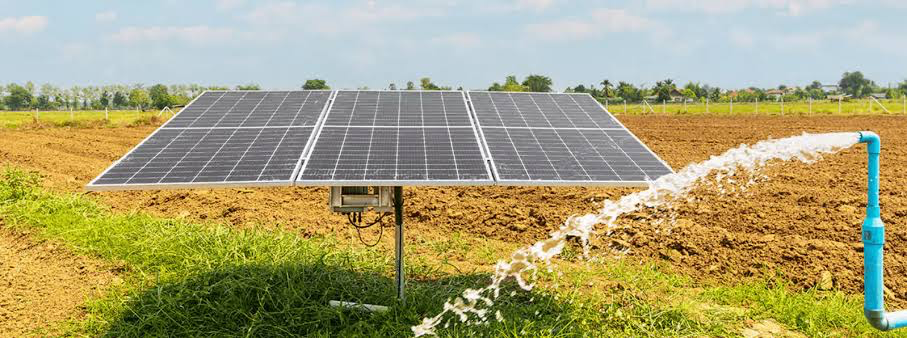In Senegal, a remarkable transformation is underway as farmers harness the power of solar energy to irrigate their crops throughout the year, a development that has revitalized trade and breathed new life into the agricultural sector. This innovation unfolds in the shadow of the Taiba N’Diaye wind farm, West Africa’s largest by generation capacity, which has significantly increased Senegal’s electricity generation capacity by 15% since its completion in 2021.
The 160MW Taiba N’Diaye wind farm, supplying electricity to 1.5 million people, stands as a testament to Senegal’s commitment to renewable energy and its positive ripple effects on the economy. By providing clean and economically priced energy, the wind project plays a crucial role in reducing the country’s electricity generation costs, which are among the highest in sub-Saharan Africa due to a heavy reliance on expensive liquid fuels.
The US International Trade Administration highlights the disparity in electricity costs, with Senegal’s consumers paying roughly 24 cents per kilowatt-hour, a figure subsidized by the government to mitigate the actual generation costs of 34 to 38 cents per kilowatt-hour. This is starkly higher than rates in neighboring countries, underscoring the significance of renewable energy projects in economic reform and sustainability.
For the agricultural sector, the introduction of solar-powered water pumps has been a game-changer, particularly during the dry season, which can last up to four months without rain. Moustapha Thiam, General Manager at the Taiba N’Diaye wind farm, emphasized the project’s role in addressing irrigation challenges, thereby enabling farmers to maintain productivity year-round.
“With the solar pumps that we have provided them for free, they can irrigate whenever they want to. They are able to work on the farms throughout the year,” Thiam said. This initiative not only enhances food security but also empowers local farmers, especially women, by enabling them to generate a steady income and add more value to their produce.
Farmer Fatima Ndiaye shared her experience: “We can now harvest all year round. We can take our produce to market. We now have hope of a better life.” The installation of 100 free solar-powered water pumps by Masdar’s African joint venture, Infinity Power, marks a significant step towards sustainable agriculture in Senegal.
The potential of solar irrigation to transform agriculture in Africa is immense. A study by the International Institute for Applied Systems Analysis (IIASA) found that standalone solar PV irrigation systems could meet more than a third of the water needs for crops in sub-Saharan Africa, where 80% of agricultural production comes from smallholder farmers. The study emphasizes the critical role of renewable energy in closing the yield gap, enhancing food security, and breaking the cycle of poverty and famine that has long plagued the region.
By employing an open-source modeling framework that considers various datasets related to agriculture, water, energy, expenses, and infrastructure, researchers are able to calculate local irrigation needs, determine the necessary size and cost of technology components, and assess the economic and sustainable development impacts of adopting solar pumps.



